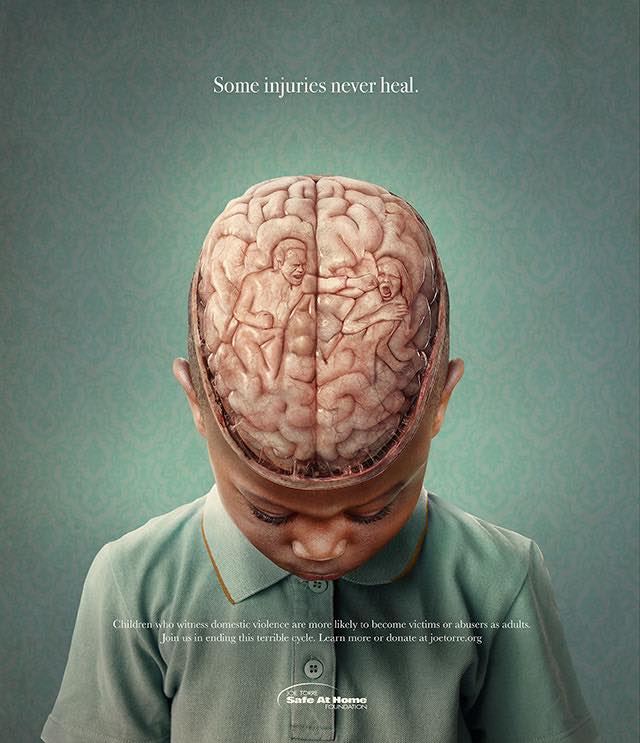
As someone from a Tamil background, I have come to realize that domestic abuse is not as taboo as many in our community claim. In fact, it is quite normalized. It’s almost as if it is a baseline expectation for many households – and there is nothing wrong with it.
It’s hard to fathom the countless times I witnessed my mother being verbally and physically abused by my father. My mother would then tell me that women should be obedient and that this is what happens when you “talk back”. My mother even schooled me on “what not to do to anger your future husband”. You can almost say that this was my bedtime story growing up.
I soon learned to pick up on these triggers. I even policed my mother to not act in a certain way for fear that she would be beaten. As I grow older, I recognize that in the name of saving my mother from harm I was in fact being a terrible daughter.
Rather than trying to control my mother’s behaviour, I should have talked to my father about why what he was doing was wrong. I toyed with this thought for a long time. I realized why I hadn’t done this all along. I had been molded to pin the blame on the victim. The victim is triggering their assailant and is therefore reaping the consequences – this is what I’d always been taught.
My mother even got angry with me when I tried to tell her that it was hard for me to concentrate on my education in such a toxic household environment. She would say, “It’s my problem. Why are you letting this affect you?” Not only does this harbour a culture of victim-blaming, it also fosters confidence in the abuser and reassures him that he is in the right.
Even my father would openly say, “I may not be a good husband, but I am a great father to you”. This statement was a revelation about the lack of intersectionality of roles in Tamil households. I’ve witnessed this in far too many homes as the victim believes that her husband is a good father, and therefore uses it as a reason to stay in an abusive, controlling marriage.
Feeling helpless and with nowhere left to turn, I sought what little family I had to rectify the situation with my parents. What did take me aback were the comments I received. My family and elderly Tamil friends would scold me when I would cry while seeing my mother being beaten or verbally abused. They would ask, “Why are you crying? This is an issue between your parents. It has nothing to do with you. Your father is a good man. If you treat him well, he won’t lash out.”
After trying for many years, I gave up on the idea that my parents would understand the negative effects of domestic abuse on their children. The idea that children suffer as a result of domestic abuse is a foreign concept to both my parents and the community surrounding them. This ignorance is a strong reason why Tamil women stay in abusive marriages for so long.
Identifying and addressing this ignorance is the first step towards not condemning a partner for leaving a marriage. When we start to openly talk about these issues, change can be made.
My hope is that one day we can rise above victim-shaming and look towards a future that fosters a safe, healthy and non-abusive environment for children – even if that means leaving an abusive partner.

























